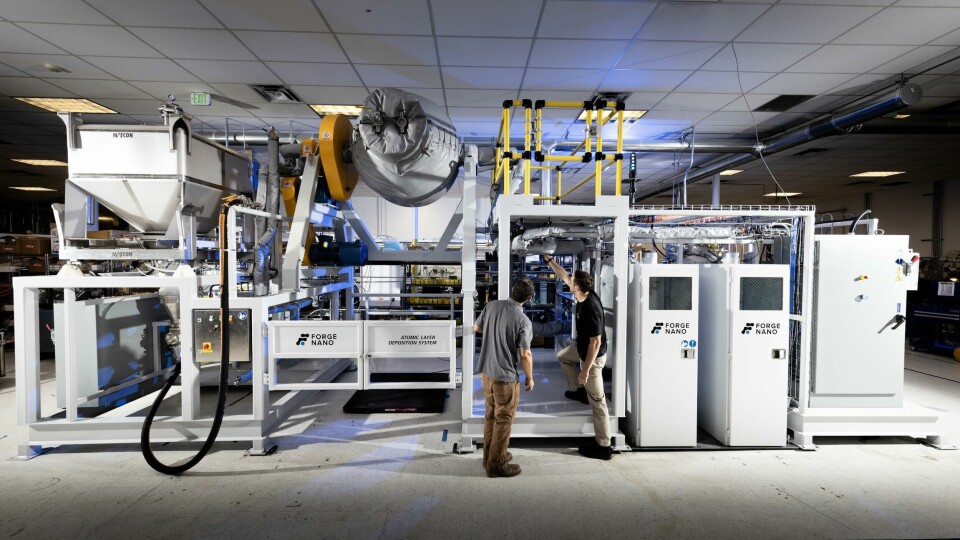GM Ventures invests $10m in Forge Nano to improve EV battery performance and reduce costs
General Motors drops the Ulitum brand and shifts from single chemistry approach. The OEM has also entered into a strategic partnership agreement with Forge Nano to collaborate on atomic layer deposition applications for GM’s electric vehicle batteries.

While the market for EVs is sluggish, investment continues into finding solutions to reduce battery costs and improve performance. Recently GM has shifted its strategy for EV batteries, dropping the Ultium brand and moving away from a single-chemistry solution (nickel manganese cobalt cells developed in partnership with LG Energy Solution) to a more flexible approach that includes prismatic cells produced with Samsung SDI.
However, the development and investment in Ultium has been valuable notes Kurt Kelty, GM’s vice president of battery cells: “Without this common building block, we couldn’t have launched the wide range of all-new EV models that we have today.”
GM is now investing in Atomic layer deposition (ALD) is a surface engineering technique that applies thin-film coatings to battery materials to control chemistry and structure at atomic scale. Production benefits are reported to include scalability, reproducibility and reduced costs.
This coating process can improve the performance of LIBs by increasing the charging voltage, discharge capacity, and electronic conductivity. Using its Atomic Armor technology, materials science company, Forge Nano, will develop thin-film coatings for GM, to support battery performance enhancements and cost reductions. Forge Nano will also build prototype lithium-ion battery cells at its Thornton, Colorado headquarters.
Anirvan Coomer, managing director of GM Venturesn says: “Forge Nano’s Atomic Armor technology has game-changing potential for our battery materials. They have already demonstrated the ability to expand cathode capabilities, which is the most expensive battery cell component. This could unlock benefits for both customers and the business.”


